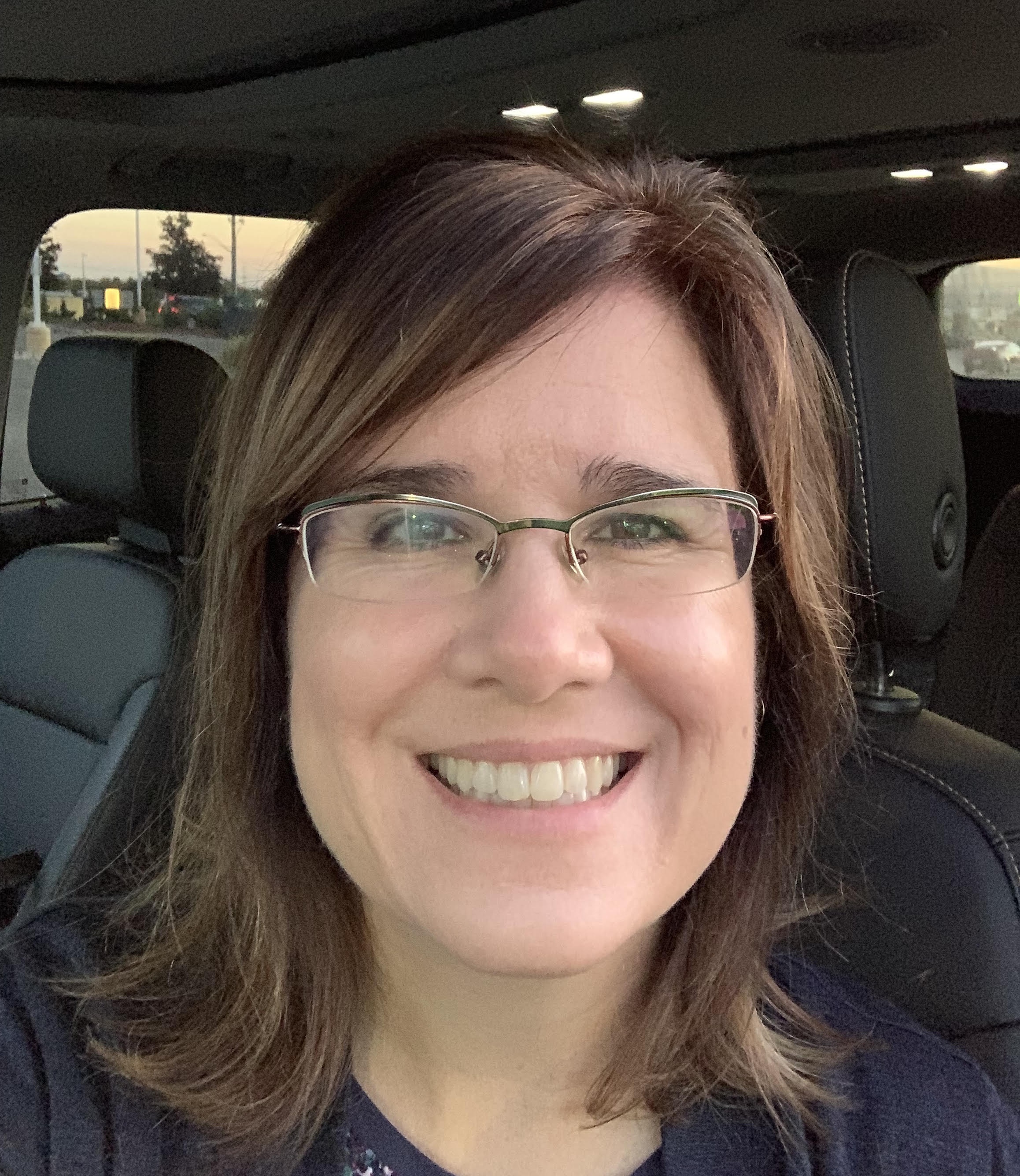President's Message - March 2023
Recycling Old Resources & Making Them New Again

SANDRA JEAN PRICE
sandra.jean.price@oame.on.ca
As this new year began, I found myself going through some bins in my basement in an effort to become more organized and less weighed down by “stuff.” Like many of you, I have a lot of education resources stored in a “just in case” room. While going through the wealth of resources, some were timeless, such as bins of manipulatives that can always be used. There were also some resources that at one time were amazing; however, according to current knowledge, they are not so amazing anymore.
Many of the ideas in the resources have some merit. They often encourage the use of manipulatives and technology, math talk, and collaboration. There are resources that are consistent with three-part lessons. Of course, there are also some resources that were likely around when I was a student. The difficulty is that whether the resources are 35 years old or 10 years old, I’d like to think that we have learned during those years and are better able to meet the needs of the students we teach.
We know the importance of connecting with the students in front of us. The connections we make with our students encourage them to take risks and ask questions while learning. But what if the resources that are being used do not reflect the students? The math questions posed in some resources tend to have a Eurocentric view and draw upon cultural norms that may not be as inclusive as we now endeavour to be. What if the content is no longer current or relevant? What if students have lost their parents, or their families look very different from those represented in all of the resources? What if students do not see themselves in the illustrations/photos or represented in other ways? What if students identify as non-binary? What if families do not have cars? What if students have no schema around owning a house, being able to save money, or having a credit card? The “what if” questions could fill pages. The bottom line is that the years of stored resources are not as inclusive as we now strive for, even if they were once found effective in the classroom.
We continue to learn about the importance of acknowledging systemic bias and, as teachers doing our part to mitigate our contributing to it, the unique challenges faced by Indigenous peoples, 2SLGBTQ+ identities, and everyone’s right to see themselves reflected in their learning environments. Celebrating diversity makes us stronger as a human race. Inclusivity is key to that strength. It is our responsibility to ensure that our resources and our classrooms are inclusive to all students, regardless of their intersecting identities (i.e., how they overlap through whichever characteristics are considered). Some may argue that the resources actually do reflect their current students, but perhaps that assumption is not always true, as students are still figuring out who they are. Furthermore, we need to model inclusivity and embrace diversity in order to model and teach that everyone deserves to be appreciated for who they are. Does that mean that all of my resources need to be thrown out or recycled? Not necessarily. Some certainly are heading for the blue bin. There are others that have some good ideas..., but will need some updating of the content so that it is relevant, aligns with our current curriculum and understanding of good pedagogy, and is truly inclusive of all students.
I am not an expert, but believe that as educators, we know more now than even ten years ago, and students deserve to benefit from that growth. Developing as an educator sometimes means realizing that misguided judgments based on one’s knowledge at a given time may have ignored a reality faced by students. After all, we each have our own biases that are sometimes difficult to recognize. But as we learn more, we have an obligation to be better for our students, for the school community, and for everyone’s future.
Previous Message:
"What we know matters, but..."
Next Message:
“As we look ahead into the next century, leaders will be those who empower others.” ~ Bill Gates


















 Like us on FaceBook
Like us on FaceBook